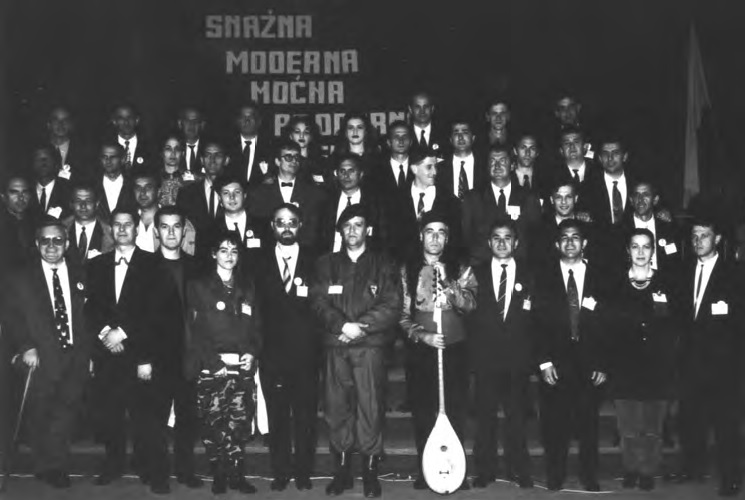| Mo Montag | Di Dienstag | Mi Mittwoch | Do Donnerstag | Fr Freitag | Sa Samstag | So Sonntag |
|---|---|---|---|---|---|---|
|
23
Montag, 23. Februar 2026
|
24
Dienstag, 24. Februar 2026
|
25
Mittwoch, 25. Februar 2026
|
26
Donnerstag, 26. Februar 2026
|
27
Freitag, 27. Februar 2026
|
28
Samstag, 28. Februar 2026
|
1
Sonntag, 1. März 2026
|
|
2
Montag, 2. März 2026
|
3
Dienstag, 3. März 2026
|
4
Mittwoch, 4. März 2026
|
5
Donnerstag, 5. März 2026
|
6
Freitag, 6. März 2026
|
7
Samstag, 7. März 2026
|
8
Sonntag, 8. März 2026
|
|
9
Montag, 9. März 2026
|
10
Dienstag, 10. März 2026
|
11
Mittwoch, 11. März 2026
|
12
Donnerstag, 12. März 2026
|
13
Freitag, 13. März 2026
|
14
Samstag, 14. März 2026
|
15
Sonntag, 15. März 2026
|
|
16
Montag, 16. März 2026
|
17
Dienstag, 17. März 2026
|
18
Mittwoch, 18. März 2026
|
19
Donnerstag, 19. März 2026
|
20
Freitag, 20. März 2026
|
21
Samstag, 21. März 2026
|
22
Sonntag, 22. März 2026
|
|
23
Montag, 23. März 2026
|
24
Dienstag, 24. März 2026
|
25
Mittwoch, 25. März 2026
|
26
Donnerstag, 26. März 2026
|
27
Freitag, 27. März 2026
|
28
Samstag, 28. März 2026
|
29
Sonntag, 29. März 2026
|
|
30
Montag, 30. März 2026
|
31
Dienstag, 31. März 2026
|
1
Mittwoch, 1. April 2026
|
2
Donnerstag, 2. April 2026
|
3
Freitag, 3. April 2026
|
4
Samstag, 4. April 2026
|
5
Sonntag, 5. April 2026
|
During the war in Bosnia-Herzegovina (1992-1995) newly established B-H army had had a sector for moral questions, which organised artists and musicians into art units. Each corpus, there was seven of them, had its own unit and their main occupation was to create and perform patriotic songs in popular and traditional music genres. First corpus, stationed in Sarajevo had organised popular musicians to perform patriotic songs on different occasions in Sarajevo, Bosnia and abroad. Under their command was also the army orchestra. In Zenica, the third corpus organised their local artists and theatre actors to perform patriotic songs for soldiers and civilians and to also perform abroad.
Extended fieldwork in Sarajevo and Zenica with in-depth semi-structural interviews, data gathering method and visual/audio material analysis gave the insight into the work of art units of B-H army and helps to answer the research question of the PhD in progress “what role and effect did art units of first and third corpus of Bosnian-Herzegovinian army had in creation of Bosniac and Bosnian national identity in Sarajevo and Zenica?”
Petra Hamer (1988) studied Ethnology and cultural Anthropology at the University of Ljubljana and graduated in 2013 with her thesis about functions of popular and traditional music during the war in Sarajevo, Bosnia-Herzegovina. Results of her work were presented on several international conferences and symposiums, articles were published in scientifically journals. In 2015 she conducted a research on Croatian war-music production on Institute of Ethnology and folklore research, Zagreb Croatia. Now she is researching art units of Bosnian-Herzegovinian army and their production of patriotic music in relation to nationalism and national identity at the Centre for Southeast European Studies, University of Graz.
